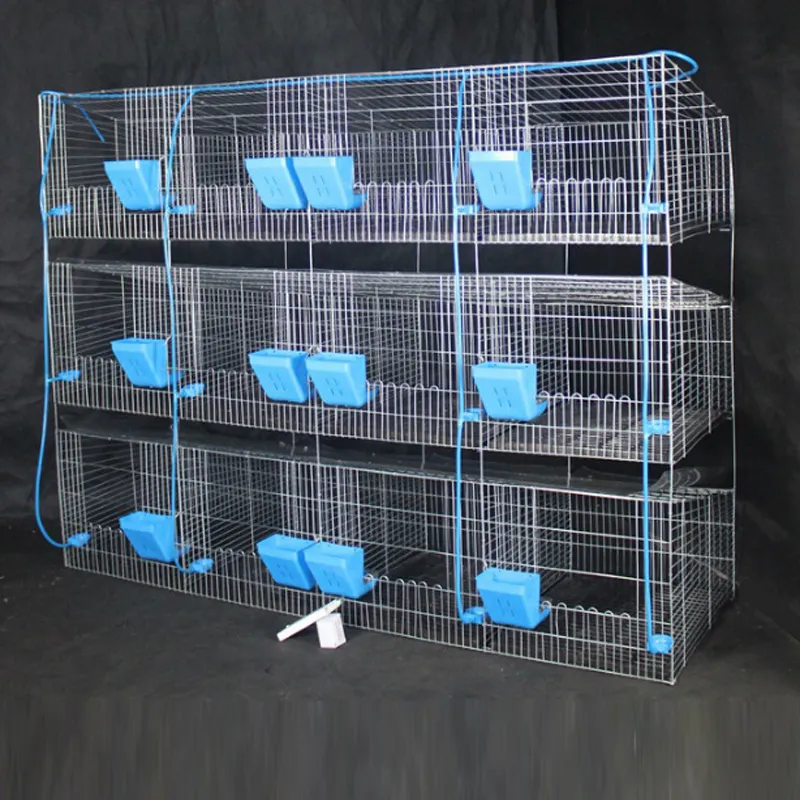

From an installation perspective, proper application of drywall screws enhances the longevity and finish of drywall. It is essential to embed the screws just below the drywall surface without breaking the paper. This precision prevents damage to the drywall while ensuring a smooth, preparable surface for subsequent taping and finishing. Utilizing a quality screwdriver or electric drill with an adjustable clutch significantly aids in achieving this level of precision. The clutch setting allows for consistent screw depth, reducing the risk of overdriving and subsequent wall imperfections. For individuals aiming to optimize their project's overall efficiency, considering the 'screw capacity' of various drills and drivers can be advantageous. Having tools capable of sustaining prolonged operations without overheating or losing torque is essential for productivity, particularly in large-scale projects. Trust in drywall screws extends beyond their immediate functionality; it's backed by code compliance and testing standards. The International Building Code (IBC) dictates requirements for fastener application in drywall, ensuring safety and performance. Adhering to these standards guarantees that the structures meet or exceed the necessary safety parameters. In summary, drywall screws are indispensable in ensuring structural soundness and aesthetic quality in construction. Their specific design and material composition make them uniquely suited to secure drywall effectively. Understanding the nuances of their application not only ensures compliance with industry standards but also reassures users of the longevity and durability of their construction projects. Emphasizing the importance of professional-grade tools and adherence to technical guidelines elevates the results, ensuring that installations are efficient, aesthetically pleasing, and structurally competent. By leveraging expert-level insights and staying informed about industry standards, both DIY enthusiasts and professionals can enhance their craftsmanship, delivering superior quality in drywall applications.

















